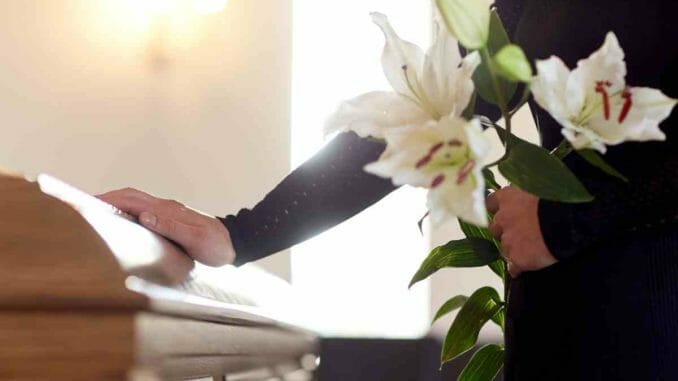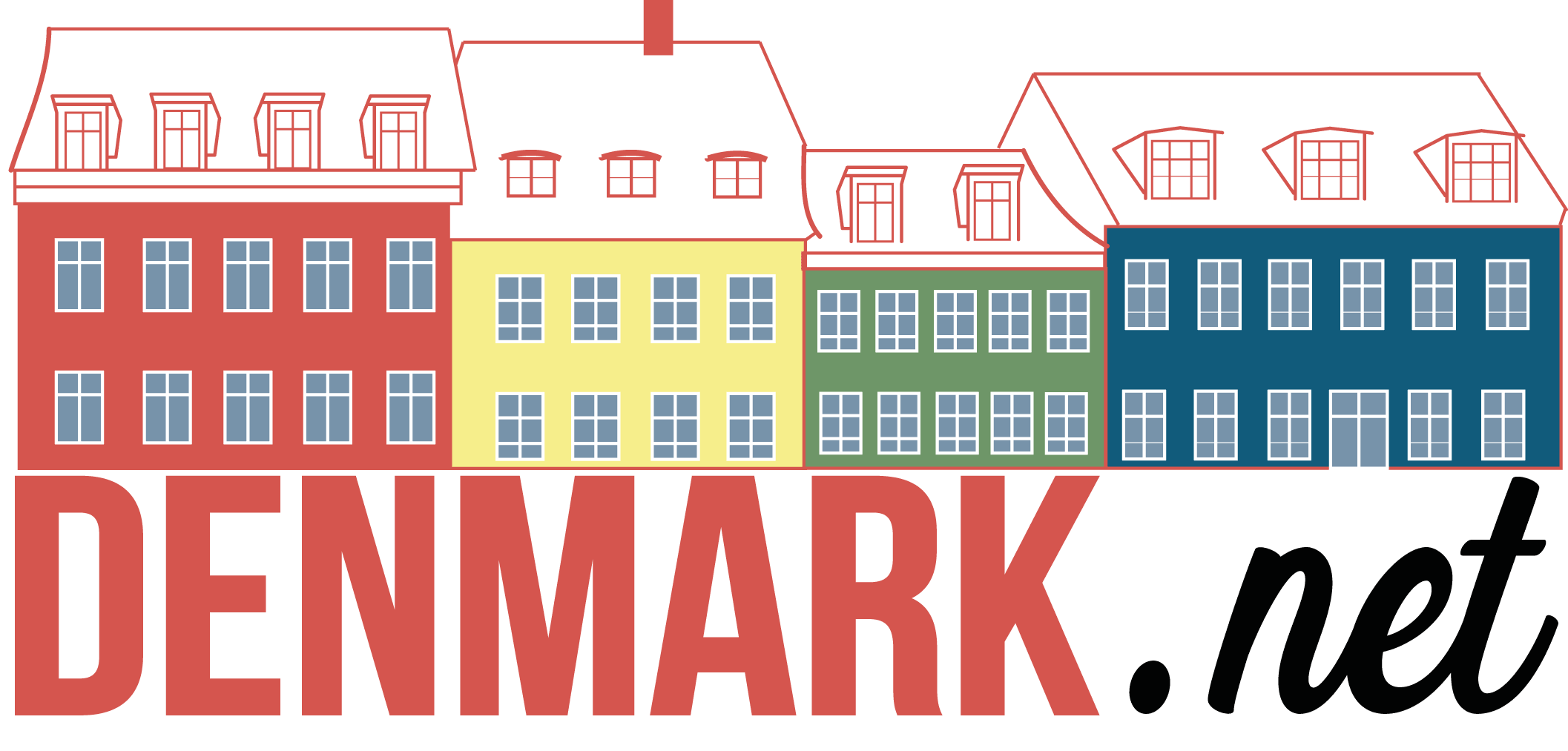
Funeral practices differ in the UK and Denmark, as do funeral services offered by UK funeral directors. In the UK, funerals typically involve a religious service followed by burial or cremation.
The events often follow a pattern:
- gathering for refreshments at a local venue afterwards
- eulogy or tribute from family members
- hymns, prayers and other religious rites
- the coffin being lowered into the ground or taken to a crematorium
Contents
UK Funerals
UK funerals typically provide classic funeral services, such as arranging music and flowers, helping with paperwork such as registering the death, making arrangements for transport of family members to attend, providing catering if wanted and liaising with clergy.
Funeral Practices in Denmark
By contrast, funeral practices in Denmark are typically more stripped down. A funeral service often consists of a short ceremony, usually held in a chapel near the cemetery or crematorium and conducted by an official from the municipality.

There is less emphasis on religious aspects, and instead, reflections on life and good memories shared among family members.
Funeral services are not usually involved in Danish funerals, and the family members are responsible for arranging the burial, including music, flowers and transport to the cemetery or crematorium.
Funerals are an important part of the grieving process, and although many cultures around the world have similar practices, there are still some significant differences in funeral practices between the United Kingdom and Denmark.
Religious beliefs, death superstitions, funeral traditions, burial practices and memorialisation vary between these two countries.
Why Do Different Countries Manage Funeral Death Differently?
The way different countries manage funerals and death is influenced by several factors, including cultural beliefs, religious practices, economic resources and even governmental policies.
In the United Kingdom and Denmark, funeral customs vary greatly due to a combination of these influences. Specifically, here are the differences:
Religious Beliefs
In Denmark, the most common religion is Lutheran Christianity. Atheism and Agnosticism are also popular beliefs in Denmark. Death beliefs vary from person to person, depending on their religious affiliations.

In the UK, the majority of people follow Christianity, but there are many other religions, including Islam, Sikhism, Hinduism and Buddhism. People’s death beliefs vary depending on their religious affiliations.
Death Superstitions
In Denmark, it is believed that when someone is going to die, they open the window for their soul to leave and place candles on the windowsill to honor and remember the deceased. This tradition is common in other Scandinavian countries as well.
In the UK, many people believe in superstitions surrounding death. It is believed that when someone dies, mirrors should be covered up to prevent the spirit from becoming trapped, and flowers placed outside the house to ensure a safe passage of the deceased’s soul.
Funeral Traditions
In Denmark, funerals are typically held eight days after death and are usually held at a funeral home or church.
The family picks out hymns to sing for religious funerals, and the priest says the eulogy. For non-religious services, a family member may do the eulogy and choose songs to sing.
In the UK, funerals are usually held within 7-14 days of the death. Services can be held at a funeral home, church or crematorium and are usually followed by a burial or cremation.
Family members may perform readings during the service, sing songs, or make speeches to honor their loved ones.
Burials and Memorialization

In Denmark, people choose between burial and cremation for their final resting place. Graveside ceremonies may take place before the burial of the casket for ashes, and gravestones usually include the deceased’s name, date and any other meaningful additional text.
In the UK, burials are still popular with some denominations. However, cremations are increasingly becoming more common.
The family can choose to scatter the ashes, have them buried in a cemetery or make a memorial garden. Memorials can be made either with gravestones which include the deceased’s name and date of death or by setting up a plaque or statue in their memory.
Bottom Line
Overall, funerals differ between Denmark and the United Kingdom due to various factors such as religious beliefs, death superstitions, funeral traditions, burial practices and memorialisation. Even though the basic components of a funeral are the same in both countries, the way they are conducted can vary greatly due to cultural differences.
UK and Danish funeral practices differ greatly. UK Funeral Directors typically offer a wide range of services to assist with organizing a traditional funeral, whilst, in Denmark, more emphasis is placed on the importance of reflection and remembrance.
This article has looked at differences in UK and Danish funeral practices, including the role of UK Funeral Directors. While UK funerals are traditionally more elaborate, with a range of services on offer, Danish funerals focus more on remembering life and sharing good memories among family members. Ultimately, it is up to the individual or family to decide how to honor best and celebrate life, whether in the UK or Danish style.

Be the first to comment